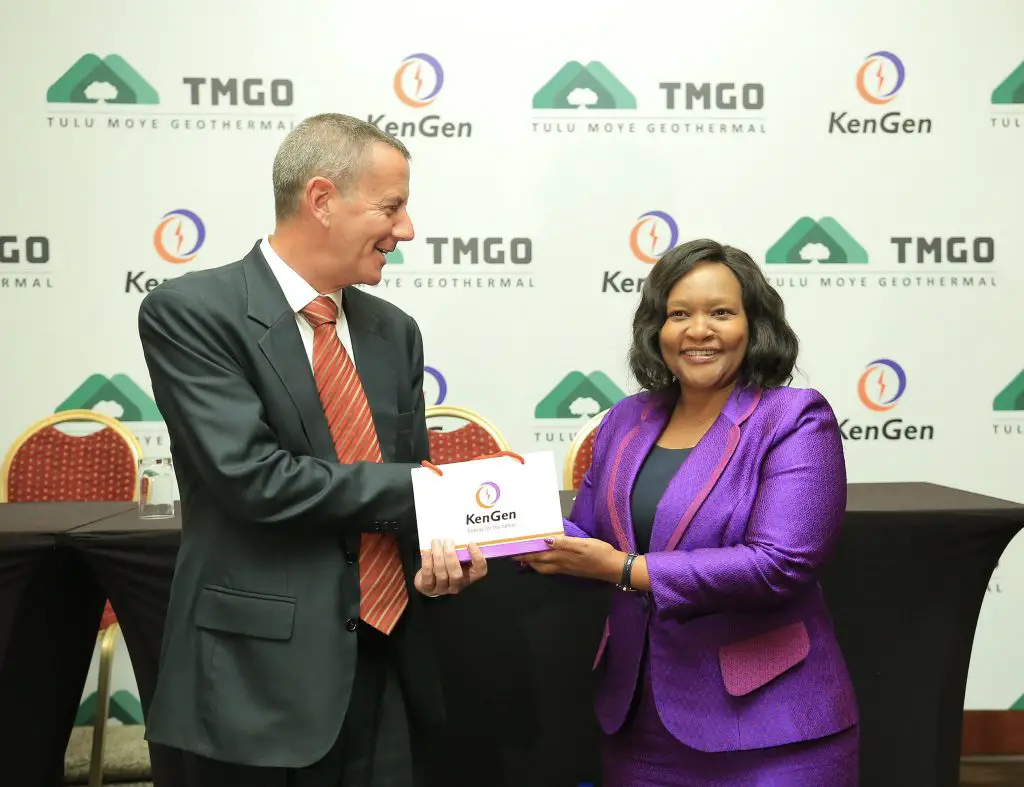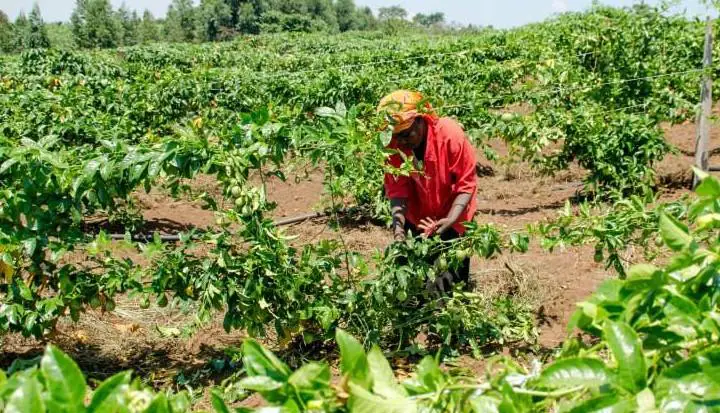- How transition finance can catalyse Africa’s green industrial revolution
- Stanbic PMI Report: Mixed performance as Kenya’s agriculture, construction offset manufacturing decline
- Uganda’s land management gets a tech makeover to boost transparency
- Nigeria’s output dips fastest in 19 months on a sharp rise in costs
- Apple faces growing backlash over Congo exploitation
- Why East Africa is staring at higher wheat prices in 2025
- Nairobi Gate SEZ pumps $7 million into Kenya’s agro-processing industry
- What impact will the US election have on Africa?
Browsing: World Bank
Lusaka as one of the fastest developing cities in southern Africa has acquired a rather vital sanitation fund to bring to life the $243 million Lusaka Sanitation Program (LSP), jointly funded by the African Development Bank (AfDB), the European Investment Bank, German Development Bank and the World Bank.
Read:Lusaka emerald auction generates US$18.6 million revenue
AfDB places Zambia’s economy growth (Real GDP) at an estimated at 4.0 per cent in 2018, compared to 4.1 per cent in 2017, whereas—the bank argues that, construction has also attributed to the growth, citing public infrastructure projects which increased at 10 per cent in 2018.
However, United Nations Children’s Emergency Fund (Unicef) poor sanitation results in a 1.3 per cent loss to Zambia’s national Gross Domestic Product (GDP) annually, which also contributed to Zambia’s high rate of child stunting (40 per cent), hence—research argues that, addressing the latter downplays the risk of stunting.…
The Tanzanian informal sector is one of the leading employers’ spheres and a rather pool for mushrooming local or indigenous knowledge and creativity, which eventually remains dormant, and not analyzed keenly.
Available data of the past shows how the informal sector bears merit to the convectional economy if utilized effectively. The International Labor Organization data points out that, non-agriculture jobs in the informal economy represent 66 per cent of all employment in Sub-Saharan Africa (SSA).
Further, about 74 per cent of women are within informal employment boundaries, compared to 61 of the males. Data published by Statista, show that agriculture sector—which has been attracting a multitude of the Tanzanian un-employed population, has been the leading employment sector since 2008, where it scored 73 per cent, today it stands at 66.35 per cent.
In August this year, Tanzanian’s National Bureau of Statistics (NBS) and Ministry of Finance and Planning, did a …
Tanzania stands on a viable ground to revitalize its economy and expand production horizons via the effective utilization of its diverse human capital, including investing in both children and adults.…
In order for Tanzania to acquire a highly equitable and sustainable economic growth incorporation of informed decisions is inevitable, hence, the latter are the new currencies of the 21-century development (particularly in the African landscape) which demand seamless tools to analyze, and yet—the World Bank, has just the set right direction to that.
According to the World Bank, lowering the cost of project monitoring and creation of feedback loops was their key goal, which brought them to interesting creative solutions.
The latter resonates with the high-demands of decision-makers to understand, impacts of their actions, which dictate future plans, thus—calling for feedback loops.
Feedback loops (as called by World Bank) tend to offer a form of incentive triggering an action, as most decision-makers wish to avoid the possibility of their inaction, ruining their future endeavors within data collection and other development angles.
This means that, various development projects executed by the …
The Saudi Fund for Development (SFD) has agreed to invest in Kenya’s Big Four projects, a boost to President Uhuru Kenyatta’s ambitious plan.
Investment by the fund will go a long way in helping realization of the Big 4 which incorporates revamping manufacturing sector, providing affordable housing, universal health care and food security for Kenyans.
READ ALSO:World Bank affirms support for Kenya’s Big 4
The SFD has undertaken to rally similar organisations in the Middle East to invest in Kenya’s economy.
The announcement was made in a meeting between Treasury Cabinet Secretary Ukur Yattani and the Vice President and Managing Director of SFD, Dr Khalid Bin Sulaiman Alkhudairy.
Mr Alkhudairy said the Saudi Fund was keen in investing in Kenya’s affordable housing projects besides power, roads and education where it has already invested.
READ ALSO:Dubai owned bank expands network in Kenya
Alkhudairy said he appreciates that Kenya has …
Industries and households in Kenya could soon be out of frequent power interruptions and outages as Kenya Power kicks off live maintenance of power lines.
The programme launched on Monday this week is meant to reduce planned electricity shutdowns, enhance stability of power supply and improve revenue generation.
READ ALSO:How Kenya Power plans to manage electricity tariffs
The launch follows the completion of the pilot phase where more than 70 staff were trained to carry out maintenance of live power lines.
During the pilot phase, eight insulated trucks and three digger derricks were also acquired.
Following the success of the pilot phase, the World Bank has funded the programme to a tune of $20 million (about Ksh2 billion) for procurement of additional insulated trucks, tools and accessories, training of staff in live line maintenance techniques and establishment of a laboratory for testing live line equipment.
READ ALSO:World bank
…Kenya’s leading power generator-Kenya Electricity Generating Company (KenGen) has clinched a US$56.2 million contract to drill 12 geothermal wells in Ethiopia.
The contract with Ethiopia’s independent power producer Tulu Moye Geothermal Operations (TMGO) PLC will also include installing a water supply system and equipment.
KenGen will supply drilling materials and also provide operation and maintenance services for both the drilling equipment and the water supply system.
Speaking on Thursday about the multi-million shillings project, KenGen Managing and CEO Rebecca Miano said it was the second and the company’s largest consultancy outside Kenya.
In February this year, KenGen won a contract to drill geothermal wells for the Ethiopian Electric Power (EEP) in Aluto, Ethiopia.
READ:KenGen and Chinese companies on Ethiopian geothermal project
The contract in Aluto is for the implementation of drilling rigs and accessories as well as rig operation and maintenance for drilling geothermal wells.
It is financed by …
Rwanda has maintained its position as the leading country in East Africa on the ease of doing business, the latest World Bank ‘Doing Business 2020’ shows.
This is despite dropping nine places to 38 globally from 29 last year.
READ ALSO:How Rwanda has strategically positioned itself as an investment hub
Kenya comes in second in the region and 56th globally, having improved five places from position 61 last year.
READ:Kenya ranks 61 from 80 in World Bank’s Ease of Doing Business
Uganda and Tanzania come a distant 116 and 141 globally respectively while DR Congo and South Sudan are near the bottom ranking 183 and 185 respectively, out of the total 190 in the index. This places them third fourth fifth and sixth respectively in the region.
Indicators that make Rwanda top include starting a business which has been made easy by exempting newly formed small and …
The World Bank estimates that for Africa, achieving universal, affordable, and good quality internet access by 2030 will require an investment of US $100 billion. This is according to a report launched at the Annual Meetings of the World Bank Group, which calls for urgent action to close the internet access gap while providing a roadmap to reach this ambitious goal.
The report from The Broadband for All Working Group *gives practical insights and suggestions of what is needed to attain this objective, including an action plan for universal broadband connectivity in Africa. To achieve universal broadband access, African countries will need to bring about 1.1 billion more people online. This will require exceptional and coordinated efforts from governments, the private sector, development partners, and civil society, the report says, but the investment is worth it.
“The digital agenda is first and foremost a growth and jobs agenda,” says Makhtar …
Uganda spends less money in the agriculture sector than any other East African country a World Bank report on public expenditure review shows.
The report shows that Uganda spends only 3.6 per cent of its budget on agriculture, which is the lowest in the region. Rwanda spends 5.3 per cent more on agriculture than any other country in the East African region. Kenya follows closely spending spends 5.2 per cent of its budget on agriculture while Tanzania spends 3.9 per cent, which is slightly above what Uganda spends.
Agriculture in Uganda remains the largest employer with 68 per cent of the population engaged in this sector. Still, much of this sector is still largely subsistence due to lack of funding to support the commercialisation drive.
Presenting findings of the report, Dr Ladisy Komba Chengula, the World Bank lead agricultural economist said that Uganda’s share of final public expenditure in the …










